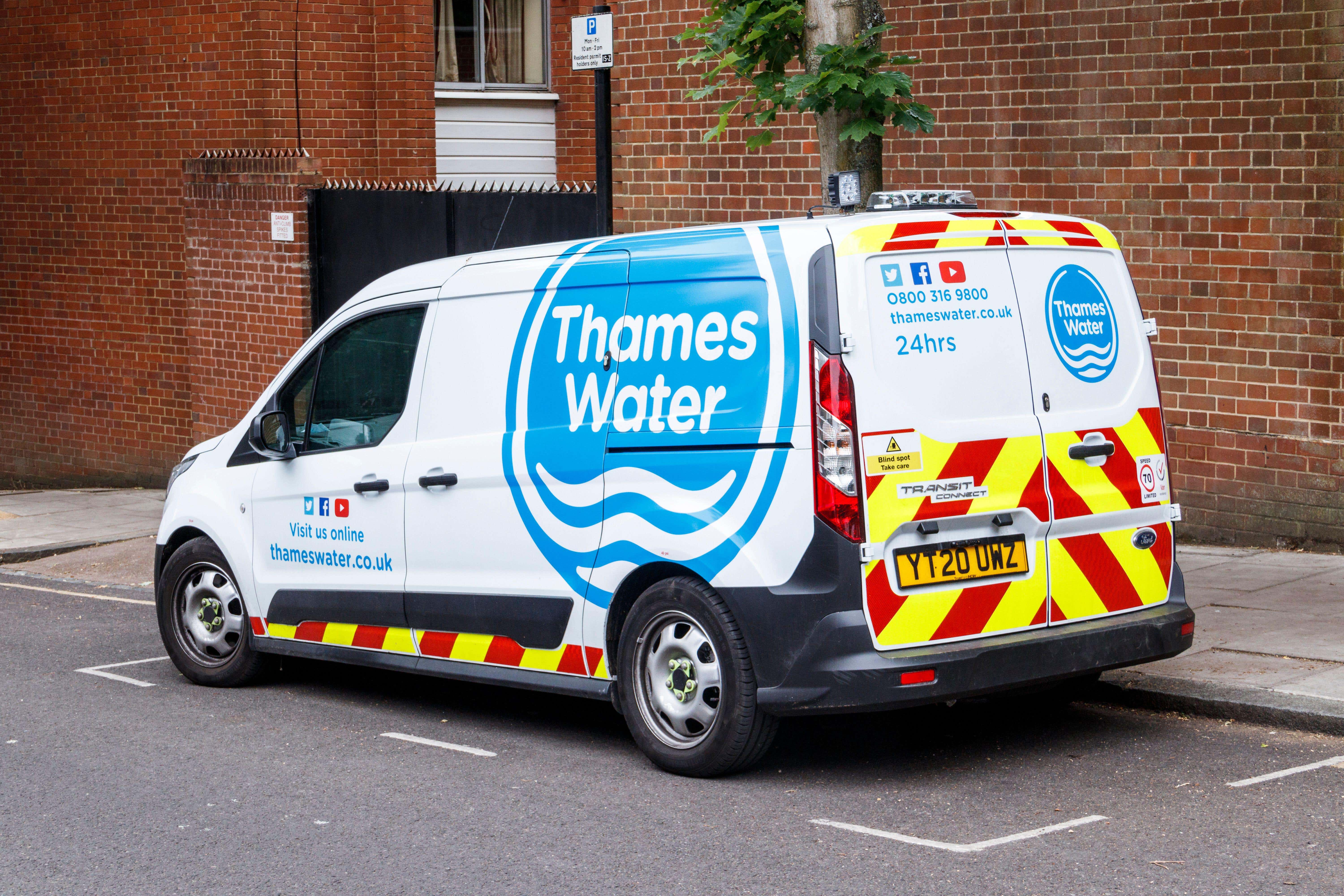Ofwat to put Thames Water in ‘turnaround regime’ and rejects 44% bills hike plan
Heavily indebted Thames will have to ‘fully re-evaluate’ its current turnaround strategy under Ofwat’s draft measures.

Regulators have said they will impose a “turnaround oversight regime” on Thames Water and opposed the utility firm’s planned 44% rise in consumer bills over the next five years.
In a draft verdict on England and Wales’ water company business plans to 2030, Ofwat instead proposed Thames increase average yearly bills by 23% to £535 over the period.
The heavily indebted Thames, which has 16 million customers across London and the Thames Valley, will have to “fully re-evaluate” its current turnaround strategy under Ofwat’s measures.
It will be made to publish a separate “financial resilience plan”, while Ofwat is also considering appointing a so-called independent monitor to report on the company’s progress.
The independent monitor would have “full access” to the company’s financial information, Ofwat said.
Thames will also have to provide a “delivery action plan”, outlining how it intends to improve its performance on sewage spills and leakage, which has been among the worst in the industry in recent years.
The watchdog also reduced Thames’ planned investment in its services, including upgrading its ageing infrastructure, to £16.9 billion, down from the £21.4 billion the company had proposed.
A spokesperson for Thames Water said: “Ofwat’s draft determination understandably challenges us on efficiency and delivery.”
“They have been thoughtful in considering the funding we need for our day-to-day running costs and the improvements our customers and communities want to see.”
The spokesperson added: “We are, in any case, taking stock of our turnaround plan under our new leadership and reflecting on our progress to date.”
“We will consider all of Ofwat’s proposals as we go through this process.”
Thames is in the grips of a funding crisis and has more than £15 billion of debt. It said this week that it only has enough money to continue trading until the end of May 2025.
Customers want to see radical change in the way water companies care for the environment
Bosses are scrambling to secure a major cash injection to keep it afloat, and have held talks with both existing shareholders and outside investors.
But chief executive Chris Weston said on Tuesday that the investment is “dependent on (Thames) securing a final regulatory determination that is … investable”.
If Thames does not succeed in getting the funding, it faces the prospect of being temporarily nationalised by the Government and being placed in a form of special administration, meaning the taxpayer would take on the costs of the heavily loss-making water giant.
Ofwat’s ruling on Thursday is a draft decision and kicks off a lengthy period of negotiation until its final verdict in December.
Let me be very clear to water companies -we will be closely scrutinising the delivery of their plans and will hold them to account to deliver real improvements to the environment and for customers and on their investment programmes
However, the regulator has rarely made major deviations between its draft and final rulings in previous years, meaning Thursday’s statement gives companies an indication of how lenient it is likely to be later on.
It comes as household water bills in England and Wales are to rise by an average £19 a year over the next five years – a third less than the increase requested by companies, under the draft proposals.
Environment Secretary Steve Reed will be meeting representatives from all 16 water companies from across England and Wales on Thursday following the Ofwat publication.
On Thursday morning, Mr Reed said he has written to Ofwat to ask them to make sure funding for vital infrastructure investment is ringfenced and can only be spent on upgrades benefiting customers and the environment.
He also announced that consumers will gain “new powers to hold water company bosses to account” through so-called customer panels.
He said: “This unacceptable destruction of our waterways should never have been allowed, but change has now begun so it can never happen again.”
Ofwat chief executive David Black said: “Customers want to see radical change in the way water companies care for the environment.
“Our draft decisions on company plans approve a tripling of investment to make sustained improvement to customer service and the environment at a fair price for customers.
“These proposals aim to deliver a 44% reduction in spills from storm overflows compared to levels in 2021. We expect all companies to embrace innovation and go further and faster to reduce spills wherever possible.
“Today’s announcement also increases the resilience of our water supplies to the impact of climate change and will reduce how much water is taken from rivers by enabling a range of long-term water supply projects, which includes plans for 9 reservoirs.
“Let me be very clear to water companies – we will be closely scrutinising the delivery of their plans and will hold them to account to deliver real improvements to the environment and for customers and on their investment programmes.”
Bookmark popover
Removed from bookmarks